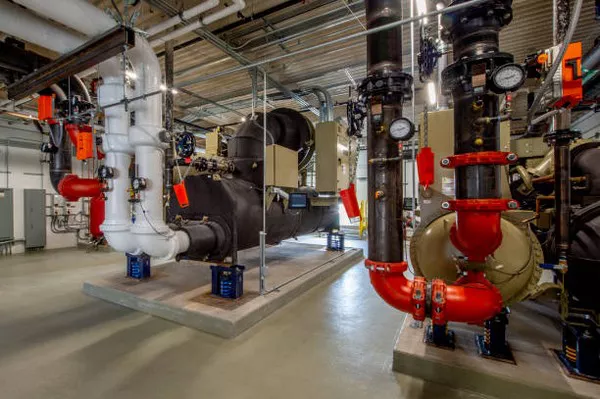The air conditioner compressor plays a pivotal role in the functionality of an AC unit, as it is responsible for pressurizing and circulating the refrigerant that cools the air. When it comes to replacing or repairing a compressor, homeowners and businesses often wonder about the cost implications. In this article, we will delve into the factors that influence the price of compressors for AC units and provide insights into the overall expenses associated with this essential component.
Types of Compressors
Before discussing costs, it’s important to understand that there are different types of compressors used in air conditioning systems. The two main types are reciprocating compressors and scroll compressors.
Reciprocating Compressors: These compressors use a piston-cylinder mechanism to compress refrigerant. They are commonly found in smaller AC units and are known for their durability. However, they can be noisier compared to other types.
Scroll Compressors: Scroll compressors utilize spiral-shaped scrolls to compress refrigerant. They are known for their efficiency and quieter operation, making them a popular choice for residential and commercial AC units. Scroll compressors are often found in mid to high-end systems.
Factors Influencing Compressor Prices
Compressor Type: As mentioned earlier, the type of compressor significantly influences the cost. Reciprocating compressors are generally more affordable than scroll compressors due to differences in design, efficiency, and noise levels.
Brand and Quality: The brand and quality of the compressor play a crucial role in determining its price. Established and reputable brands with a track record of producing reliable components tend to have higher-priced compressors. Investing in a high-quality compressor can lead to better long-term performance and reliability.
Capacity and Size: The size and capacity of the compressor depend on the cooling needs of the AC unit. Larger units with higher cooling capacities require more powerful compressors, which can contribute to increased costs.
Energy Efficiency: Energy-efficient compressors, often labeled with higher SEER (Seasonal Energy Efficiency Ratio) ratings, tend to cost more upfront. However, they can result in long-term savings on energy bills, making them a wise investment for those prioritizing energy efficiency.
Warranty: The length and coverage of the warranty offered by the manufacturer also affect the cost of the compressor. Compressors with longer warranties may have higher upfront costs but can provide peace of mind and financial protection against unexpected failures.
Installation Costs: The installation process involves labor, materials, and potential additional components required for a successful replacement. Hiring a licensed and experienced HVAC professional for installation ensures proper functioning and longevity of the compressor.
Average Cost of Compressors
On average, the cost of a compressor for an AC unit can range from $500 to $2,500 or more. The price variation is influenced by the factors mentioned above. Here’s a breakdown of average costs based on different considerations:
Reciprocating Compressors: The cost of a reciprocating compressor typically falls on the lower end of the spectrum, ranging from $500 to $1,500. These compressors are commonly used in smaller residential units.
Scroll Compressors: Scroll compressors, being more advanced and energy-efficient, often come with a higher price tag. The cost can range from $1,000 to $2,500 or more, depending on the brand and specifications.
Installation Costs: The installation process is a separate expense, and it is recommended to hire a professional HVAC technician for this task. Installation costs can range from $500 to $1,500, depending on factors such as location, complexity of the installation, and additional materials needed.
Tips for Cost-Effective Solutions
Regular Maintenance: Performing routine maintenance on your AC unit, including cleaning coils and replacing air filters, can contribute to the longevity of the compressor and reduce the likelihood of premature failure.
Energy Efficiency: Investing in an energy-efficient compressor may have a higher upfront cost but can lead to significant savings on energy bills over time. Look for compressors with higher SEER ratings to maximize efficiency.
Professional Installation: While it may be tempting to cut costs by attempting a DIY installation, it is strongly recommended to hire a licensed HVAC professional. Proper installation ensures optimal performance and reduces the risk of future issues.
Research and Compare: Before making a decision, research different brands, read customer reviews, and compare prices. Consider the long-term value and warranty offered by each option to make an informed choice.
See Also Do Compressor Sound Blankets Work
Conclusion
The cost of a compressor for an AC unit is influenced by various factors, including the type of compressor, brand, capacity, energy efficiency, warranty, and installation costs. While the initial investment may seem significant, it is crucial to consider the long-term benefits and potential energy savings. Regular maintenance and professional installation are key components of ensuring the compressor’s optimal performance. By understanding the factors affecting compressor prices and making informed decisions, homeowners and businesses can make cost-effective choices that contribute to the efficiency and longevity of their air conditioning systems.

